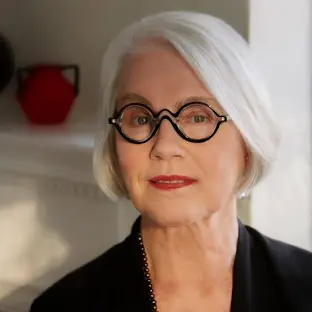Dr. Rosemarie Garland-Thomson, “Changing the Story: Narrative Ethics Meets Disability Bioethics”
On October 7, 2024, the Georgetown Disability Studies Program hosted the talk “Changing the Story: Narrative Ethics Meets Disability Bioethics” by Dr. Rosemarie Garland-Thomson, one of the best known foundational academics in the field of disability studies, a Hastings Center Fellow and Professor Emerita of English and Bioethics at Emory University.

Dr. Rosemarie Garland-Thomson
On October 7, 2024, the Georgetown Disability Studies Program hosted one of the best-known foundational academics in the field of disability studies—Dr. Rosemarie Garland-Thomson, a Hastings Center Fellow, Professor Emerita of English and Bioethics at Emory University, a National Endowment for the Humanities Public Scholar, a Phi Beta Kappa Visiting Scholar, and a member of the American Academy of Arts and Sciences. She is co-editor of About Us: Essays from the New York Times about Disability by People with Disabilities and author of various books, among them Staring: How We Look and Extraordinary Bodies: Figuring Physical Disability in American Culture and Literature, a foundational text in the field of Disability Studies. Her expertise in disability bioethics, critical disability studies, and health humanities brings disability culture, ethics, and justice to a broad range of institutions and communities.
Her lecture “Changing the Story: Narrative Ethics Meets Disability Bioethics” offered an extended first-person story drawn from life that raised a bioethical dilemma in reproductive ethics. The story addressed ethical questions of identity communities, personhood, parental obligation, consent, uncertainty, information interpretation, selective testing, and selective termination, without using bioethical language. The explication of the story draws from several philosophical traditions that may clarify the moral stakes involved and suggest a resolution to the problem.